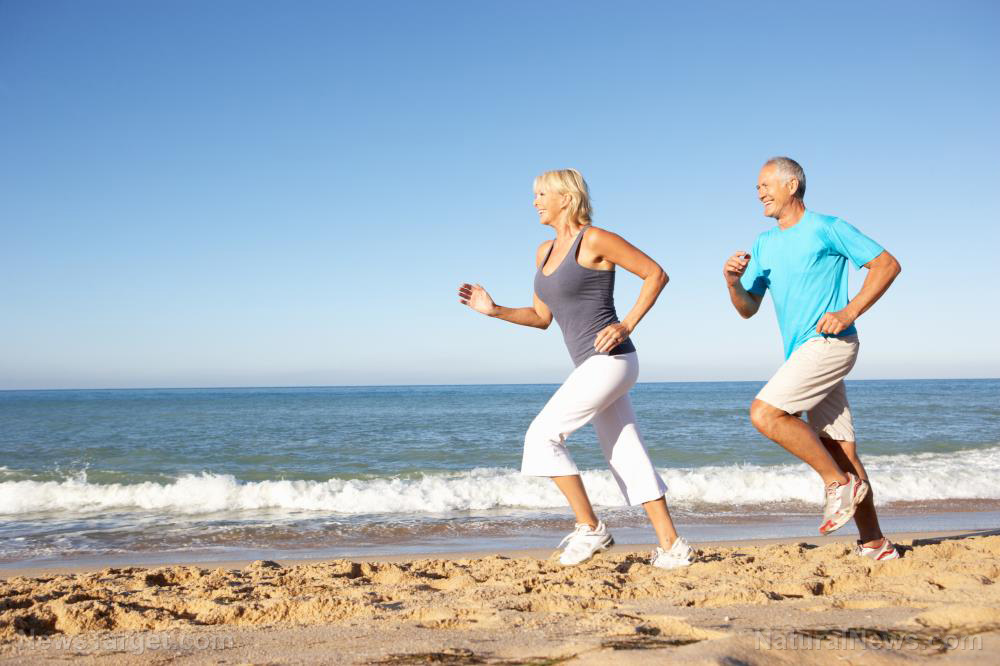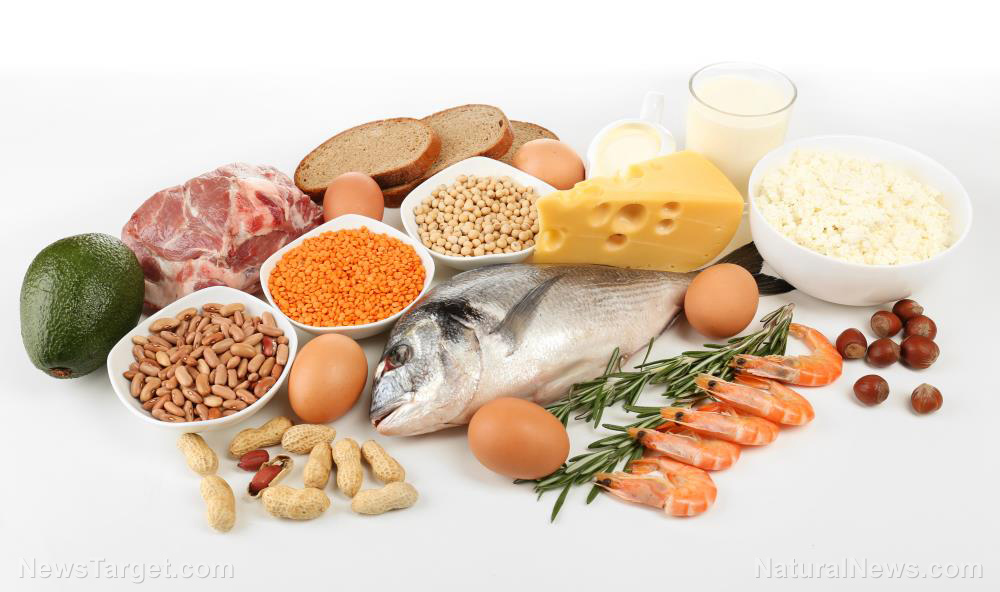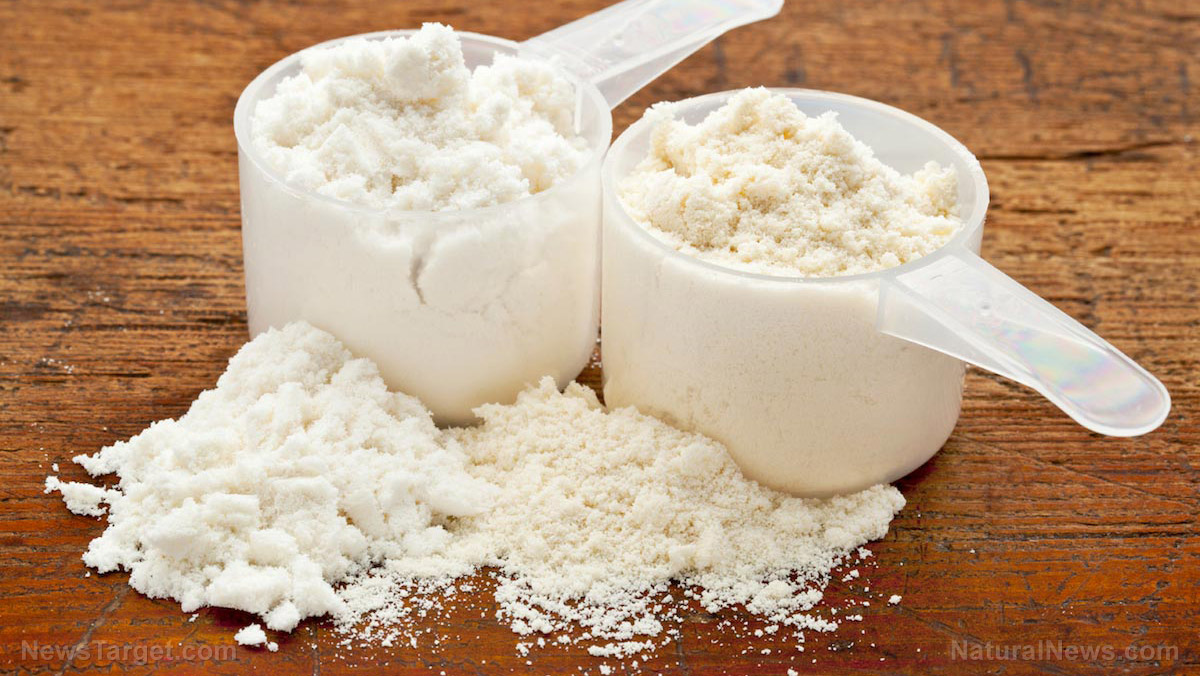Why green tea is an important supplement for athletes
04/24/2019 / By Ralph Flores

A lot of Americans run on caffeine: A survey by the National Coffee Association found that at least six out of 10 adults over the age of 18 had a cup of joe the day before they were asked in 2018. However, it’s worth noting that tea has also shown major growth in recent years, according to the survey. An earlier study ranked the U.S. 13th in global tea consumption, with a person drinking just under half a pound in a year.
While the debate on which of the two is healthier is one that’s been lengthily discussed – by both sides – it’s now time to look at the benefits of tea when it comes to sports. Athletes looking to boost their performance, in particular, could benefit from the stimulating effect of caffeinated teas.
Tea and caffeine
A cup of tea has between 40-120 mg of caffeine, which is less than coffee’s 95-200 mg. This makes tea a better alternative for people looking to be moderately stimulated by caffeine. Experts recommend consuming no more than 400 mg of caffeine a day since drinking or eating too much of it can lead to side effects, including:
- Feeling restless
- Shakiness
- Difficulty sleeping
- Dizziness
- Abnormal heart rhythm
- Dehydration
- Anxiety
- Dependence
When consumed in moderation, it can greatly improve athletic performance. In a study by Victoria University in Australia, it was found that consuming caffeine can positively affect single-sprint performance. It can also reduce fatigue while boosting adrenaline release – explaining its performance-enhancing effects.
Green tea and athletic performance
Green tea is well-known for its fat-burning properties. A study by researchers in New Zealand found that cyclists who drink green tea before a race exhibited a possible relationship between caffeine and athletic performance. An earlier study in Japan also found that green tea extract can improve endurance. Using a mouse model, the researchers found that green tea can help with the ability of muscle cells to convert fat into energy. (Related: Mustard, cayenne pepper and green tea boost your metabolism for weight loss.)
In a review published in the Journal of Strength and Conditioning Research, researchers concluded that caffeine in tea can positively impact sport-specific endurance. They also noted that in moderate quantities, caffeine can be effective for boosting endurance.
Red blood cells and the benefits of tea
When athletes compete, the blood — particularly red blood cells — performs a crucial function in providing oxygen to ensure energy is produced. In a study led by Jagiellonian University in Poland, the research team found that drinking green tea has a protective effect on red blood cells and cell membranes. This effect might explain why drinking tea can help with physical activity through caffeine stimulation and cell-protective functions.
Drink green tea before working out to go longer
It’s not just athletes who benefit from green tea. Researchers from Pennsylvania State University revealed that green tea, when combined with exercise, can boost fat burning, making it a great energy booster for better and longer workouts. Published in the journal Molecular Nutrition Food Research, the team noted that the combination worked better than exercise alone.
According to a review in the American Journal of Physiology, green tea increases thermogenesis (heat production) to improve the oxidation of fat cells, thanks to the catechins and caffeine present in green tea.
If you’re sensitive to caffeine, going for decaffeinated green tea works as well. Researchers from Penn State said that it offers similar benefits, without getting the jitters afterward.
Looking for the other benefits of green tea? Food.news has more.
Sources include:
Tagged Under: Athletes, athletics, caffeine, endurance, exercise, fight obesity, fitness, food cures, food is medicine, Green tea, Natural Alternatives, remedies, slender, sports drink, sports performance, stress relief



















